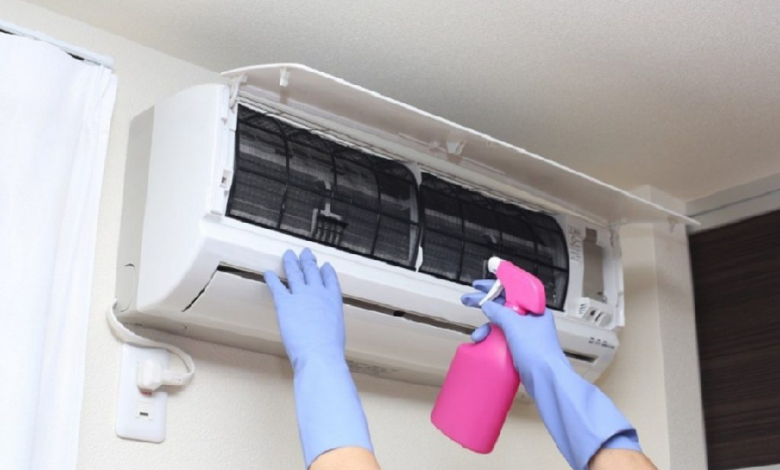Which Type of Compressor is Most Efficient?

Air compressors are very helpful as they are used to power electrical tools for different types of businesses. However, with so many types and sizes available on the market today, choosing the most efficient type of air compressor can be daunting, especially if you’re buying it for the first time. Each compressor has its own capabilities and drawbacks. In this article, we guide you on selecting the most efficient compressor including the features to focus on.
Types of Air Compressors
Air compressors are categorized as either dynamic or positive displacement based on their internal mechanisms. The four common types of air compressors include:
- Rotary Screw compressor
- Axial compressor
- Reciprocating air compressor
- Centrifugal compressor
Qualities of an Efficient Compressor
Every buyer has unique needs. That means different compressors are designed for different buyers. Apart from type and size, there are other major considerations, such as filters and dryers. To make the right decision, we recommend finding out the following:
- The best air compressor for your application
- The required capacity or flow rate of the compressor
- The required pressure
- The extra options
Features of an Efficient Air Compressor
To know the right air compressor for you, you need to have solid information about the features of a good compressor, such as portability, speed, energy efficiency, and other additional features.
Oil-Free Vs. Oil-Powered
Some air compressors rely on oil to lubricate inside the mechanism. Oil-powered air compressors can be messy if you work in a clean environment. The fumes may contaminate the air, which may result in air pollution. If you’re looking to produce clean and well-manufactured products, go for an oil-free compressor that facilitates clean manufacturing. However, oil-free compressors are slightly more expensive than oil-powered compressors.
Fixed vs. Variable Speed
Depending on how you’ve organized your work, you might need to use a variable speed compressor that allows you to increase or decrease output based on demand. Fixed speed compressors may not be efficient as they constantly churn at the same rate. They end up using more resources, which affects their durability.
Natural Gas Vs. Diesel or Electricity
Compressors that use natural gas work well in powering equipment and tools. They are mainly reliable if you are working on chemical processing plants, manufacturing facilities, or petroleum refineries. Compressors that use natural gas are more economical and operate more efficiently than other options. Natural gas compressors have better heat recovery capabilities than electric compressors.
Portability
If you don’t have a permanent working location or have a large working space, portability should be a priority. Transport between sites is often easier if you have a portable air compressor. Even large compressors should be easier to transport and it’s even better if you can find a small, lightweight unit in a compact package.
Other Additional Features
Different compressors come with additional features, such as air hose splitters that allow you to hook up multiple tools to the air compressor. Some also have thermal protection to keep track of heating and stop the motor to prevent damage if the machine is overheated. Efficient compressors should also come with a belt-drive system that allows quieter operations and prevents noise pollution.

